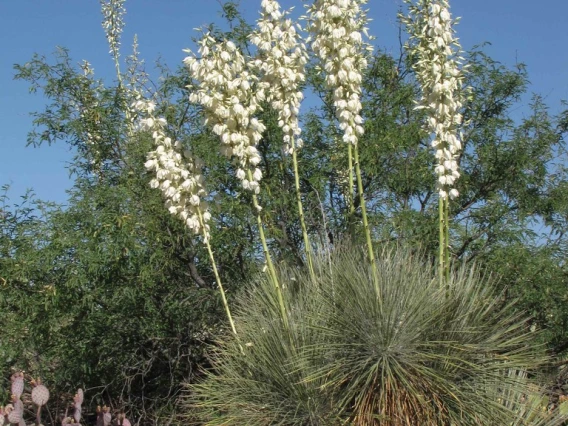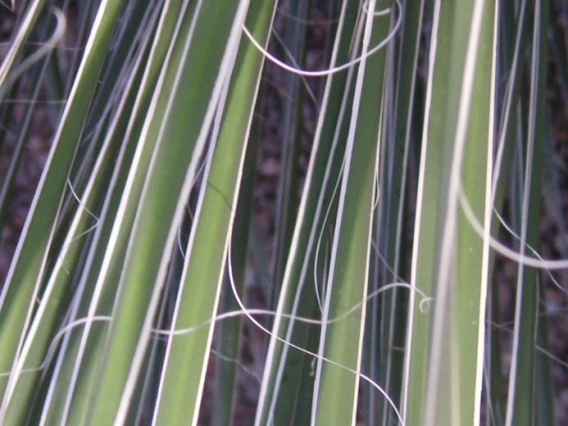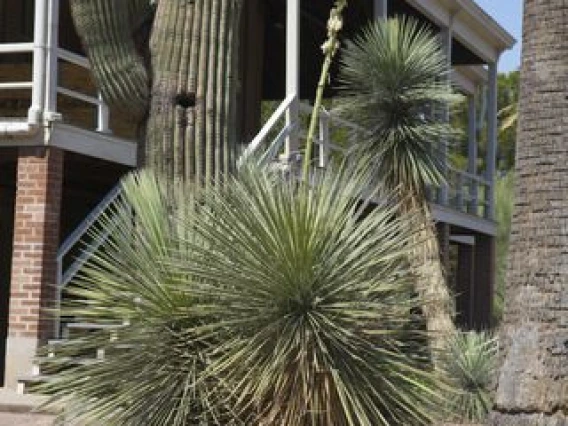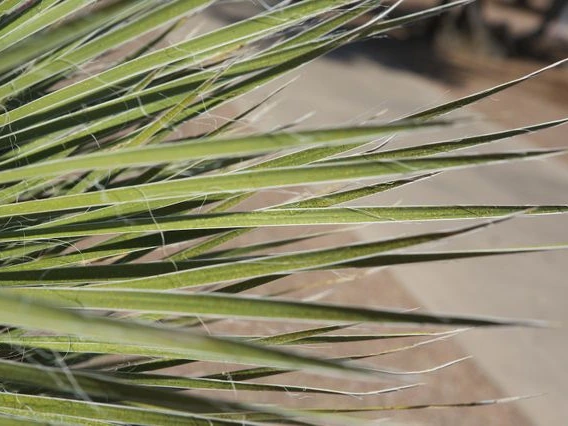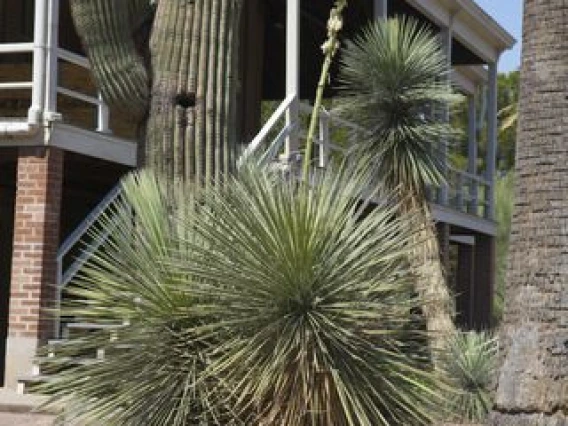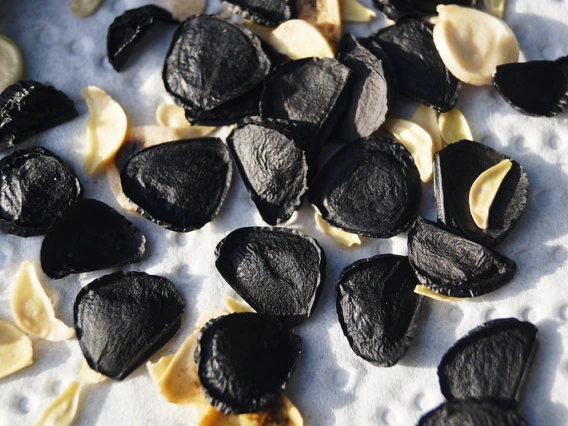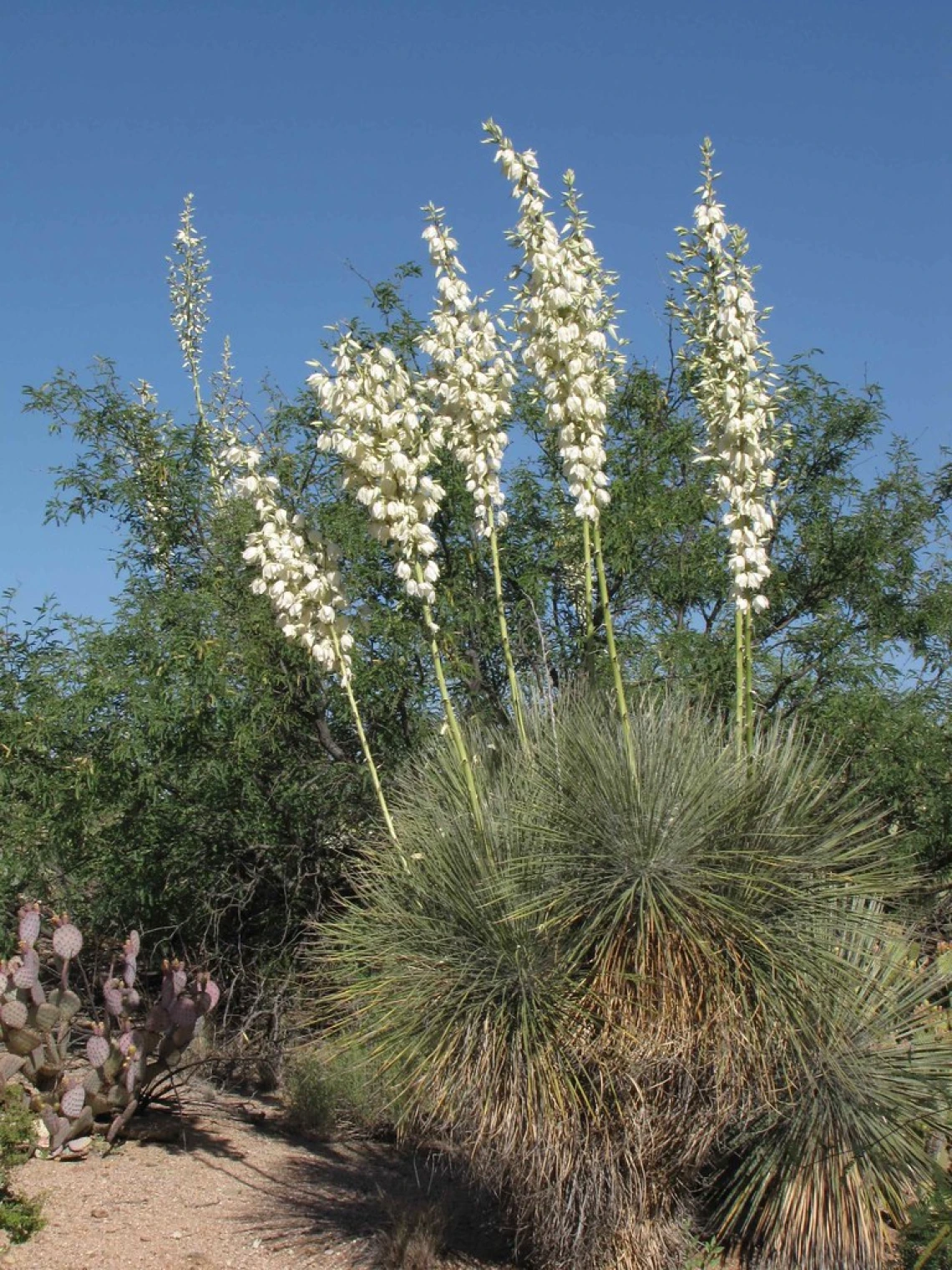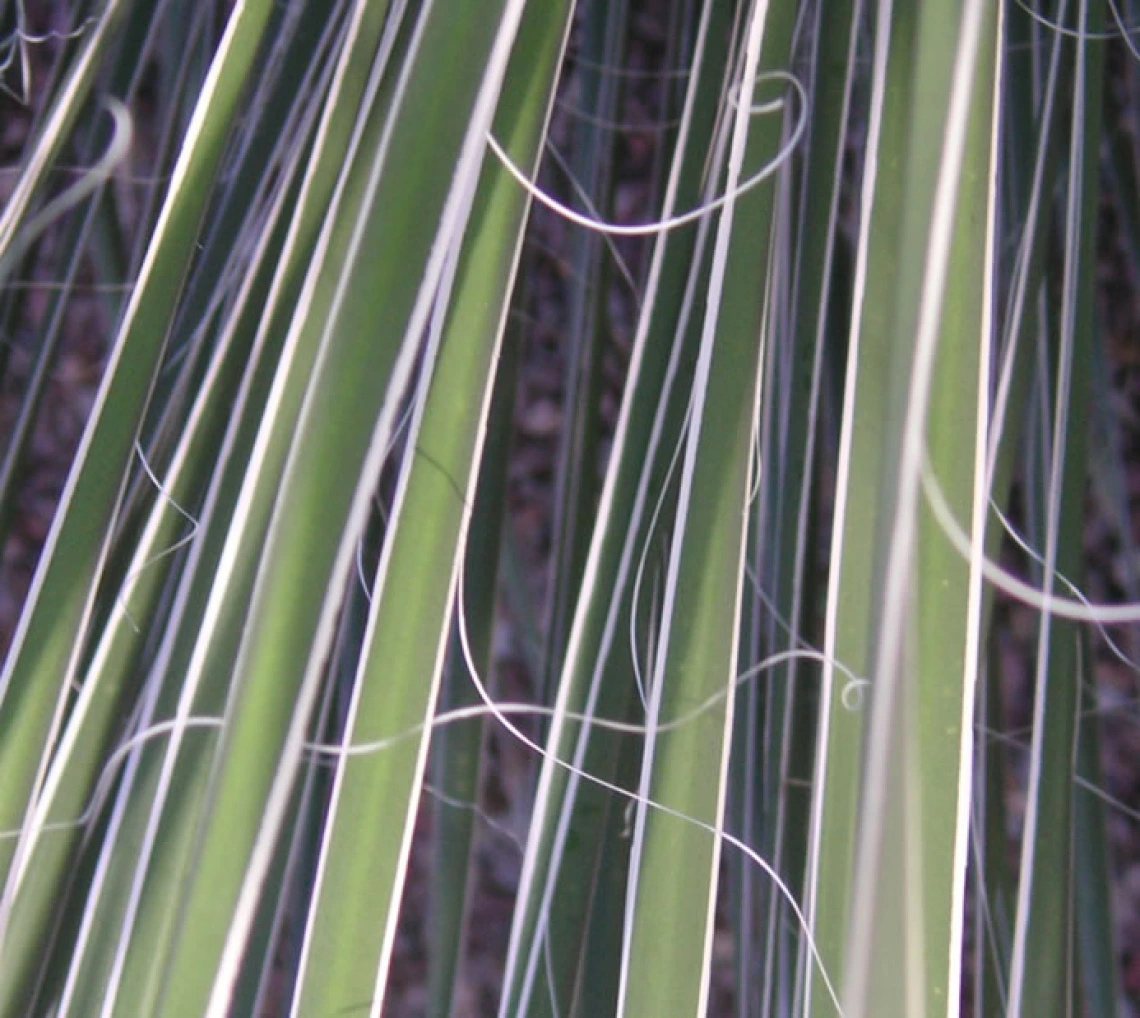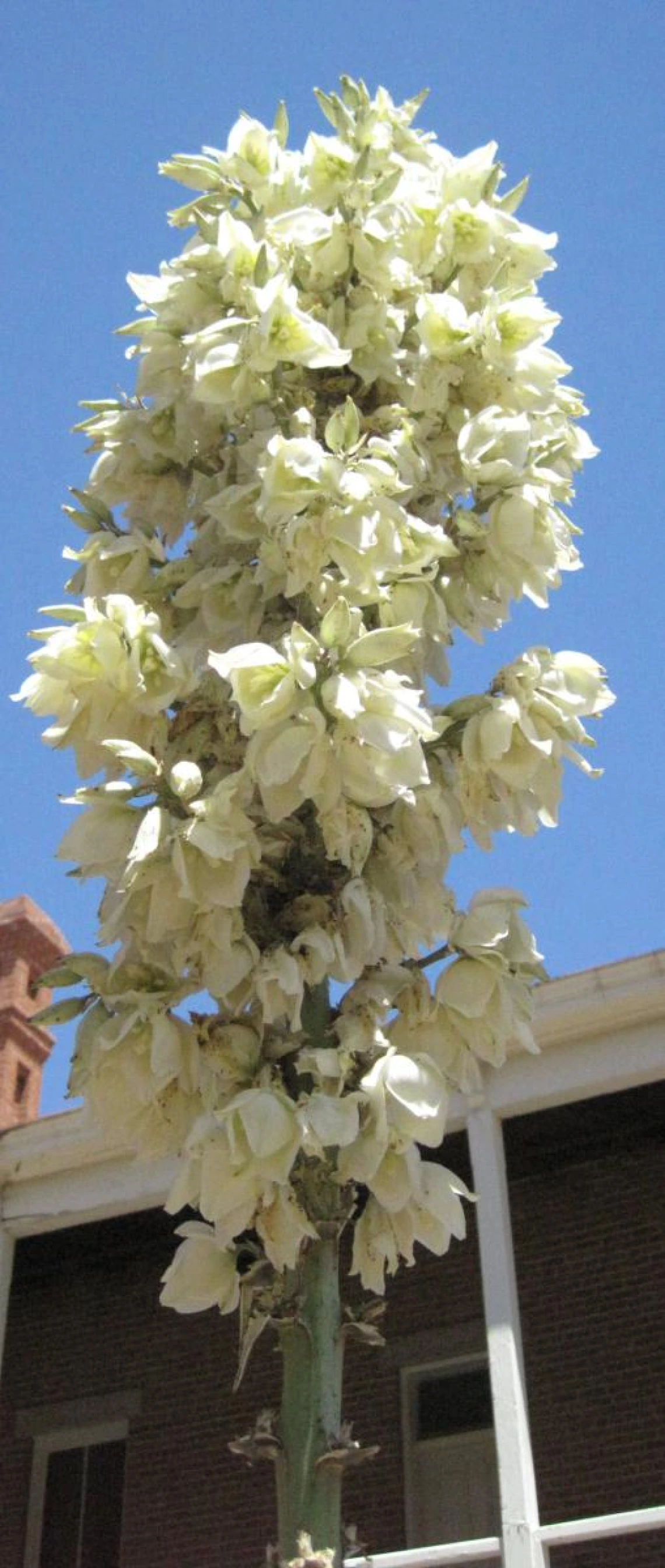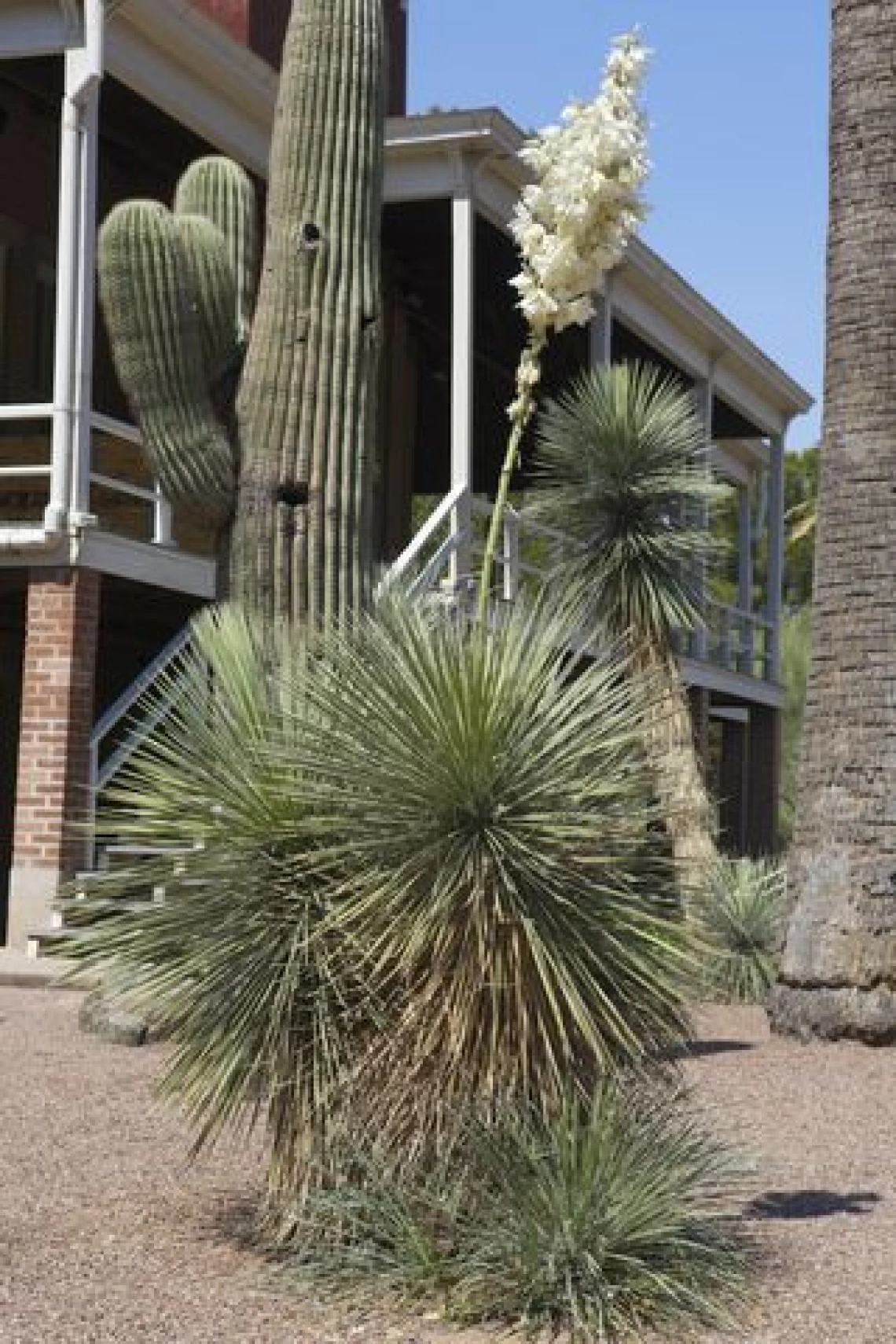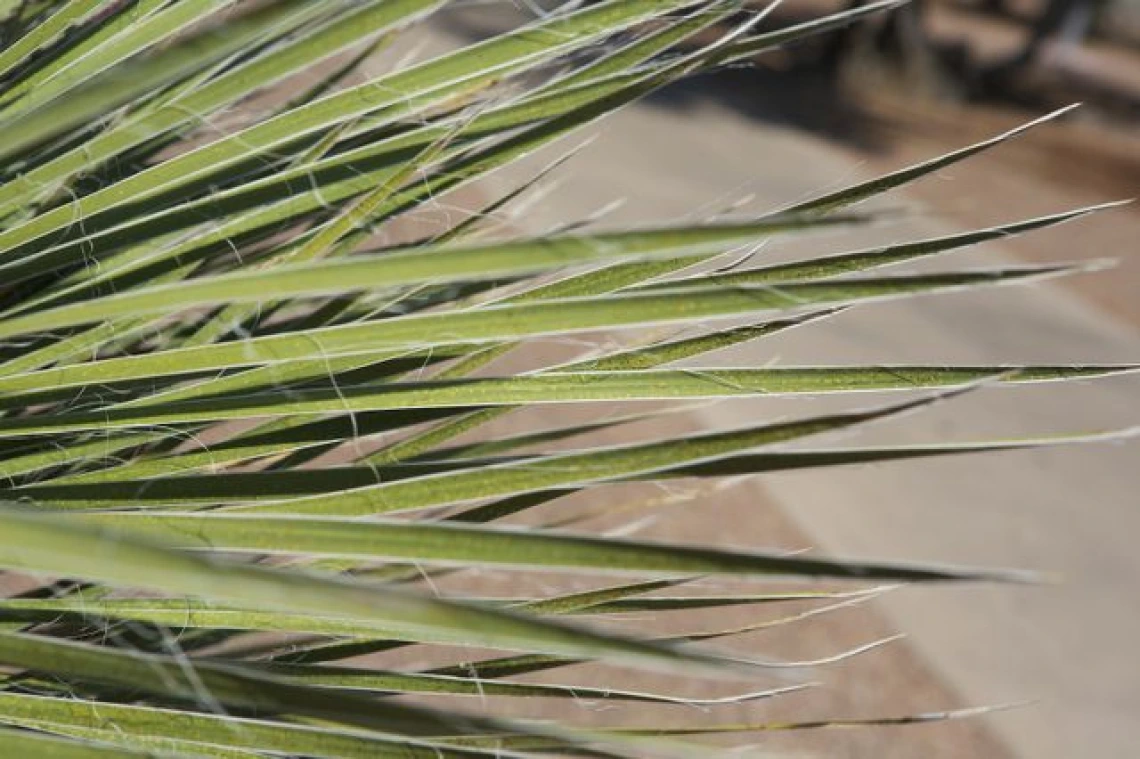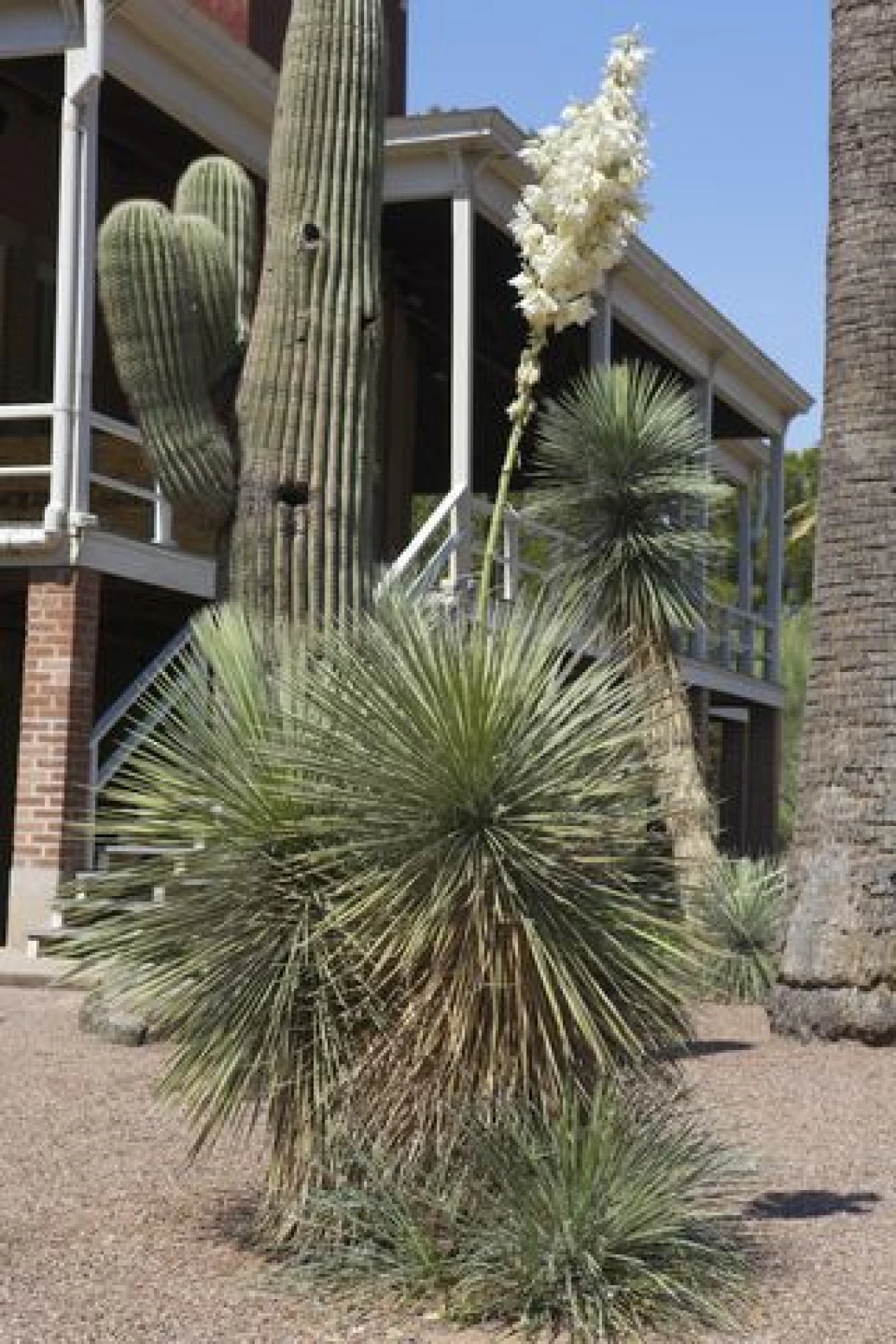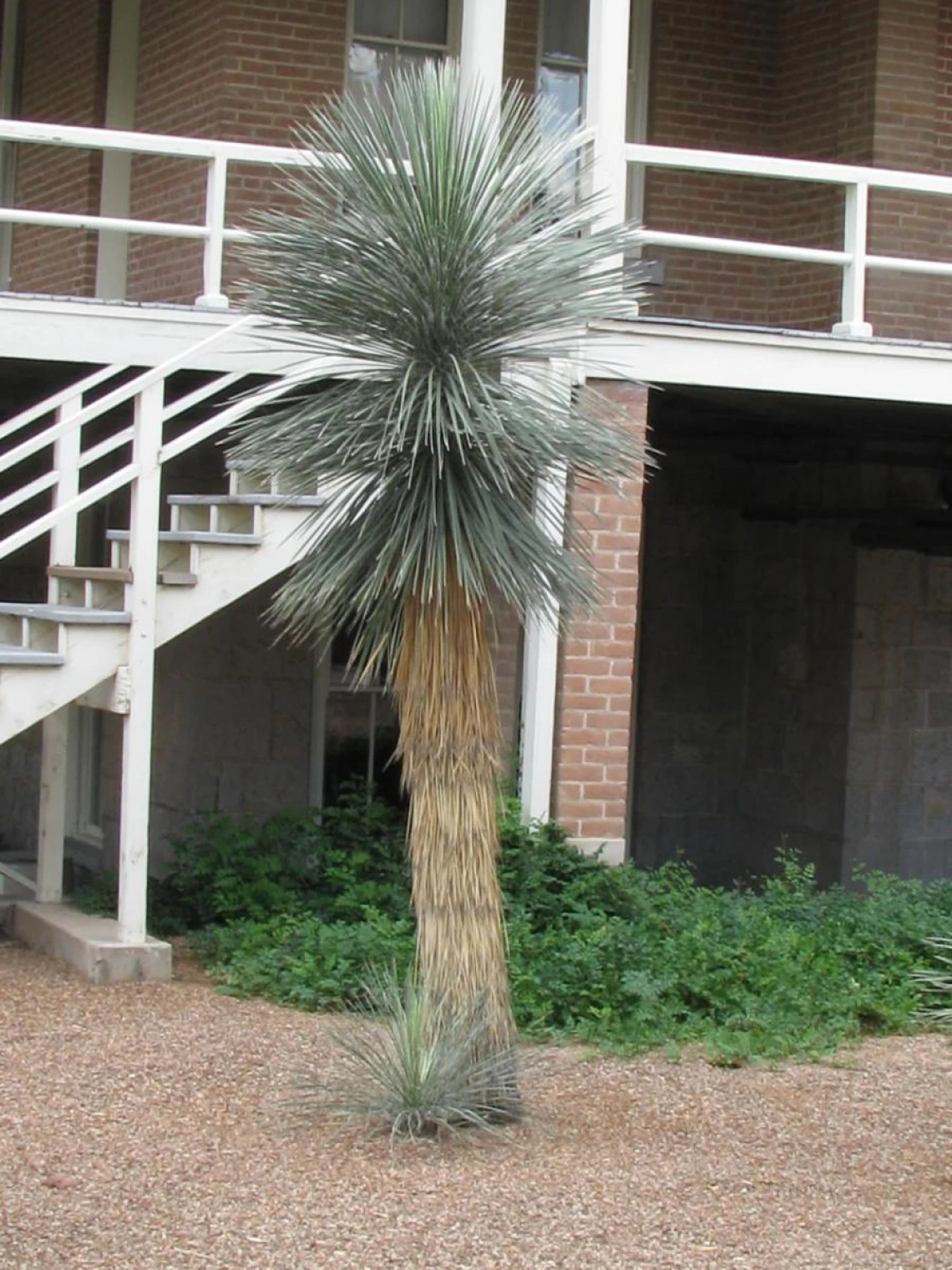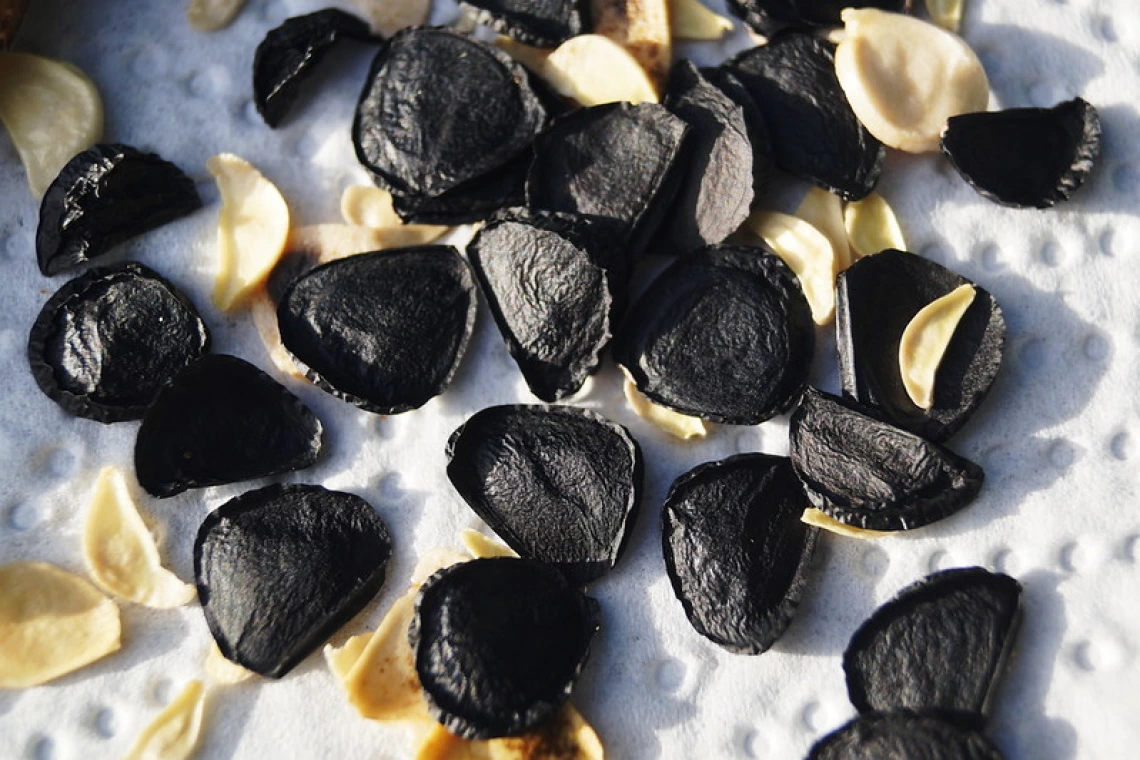Sonoran Native Plants Virtual Tour
Yucca elata | Asparagaceae | soaptree yucca
Desert Ecology:
The species is unique among yucca with vertical rhizomes that grow downward for 3-5 feet. This depth provides protection from temperature fluctuations and a means to reproduce vegetatively. The creamy white flowers developing on a central stalk in May or June are pollinated almost exclusively by the yucca moth (Tegeticula yuccasela or T. maculata) which lays eggs on the ovaries. The developing larvae depend on seed for food. The plant, in turn, selectively aborts seed to keep the larvae population in check such that, the production of fruit and moth populations are tightly linked. Mature fruits are dry and cork-like.
Ethnobotany:
Saponins in the roots (rhizomes), create a soapy lather when mashed used for washing. The fruits, flowers, seeds and stalks are all edible, and although Yucca flowers are generally known to be bitter, that of Yucca elata are regarded by Tohono O’odham and Apache as having the best flavor.


